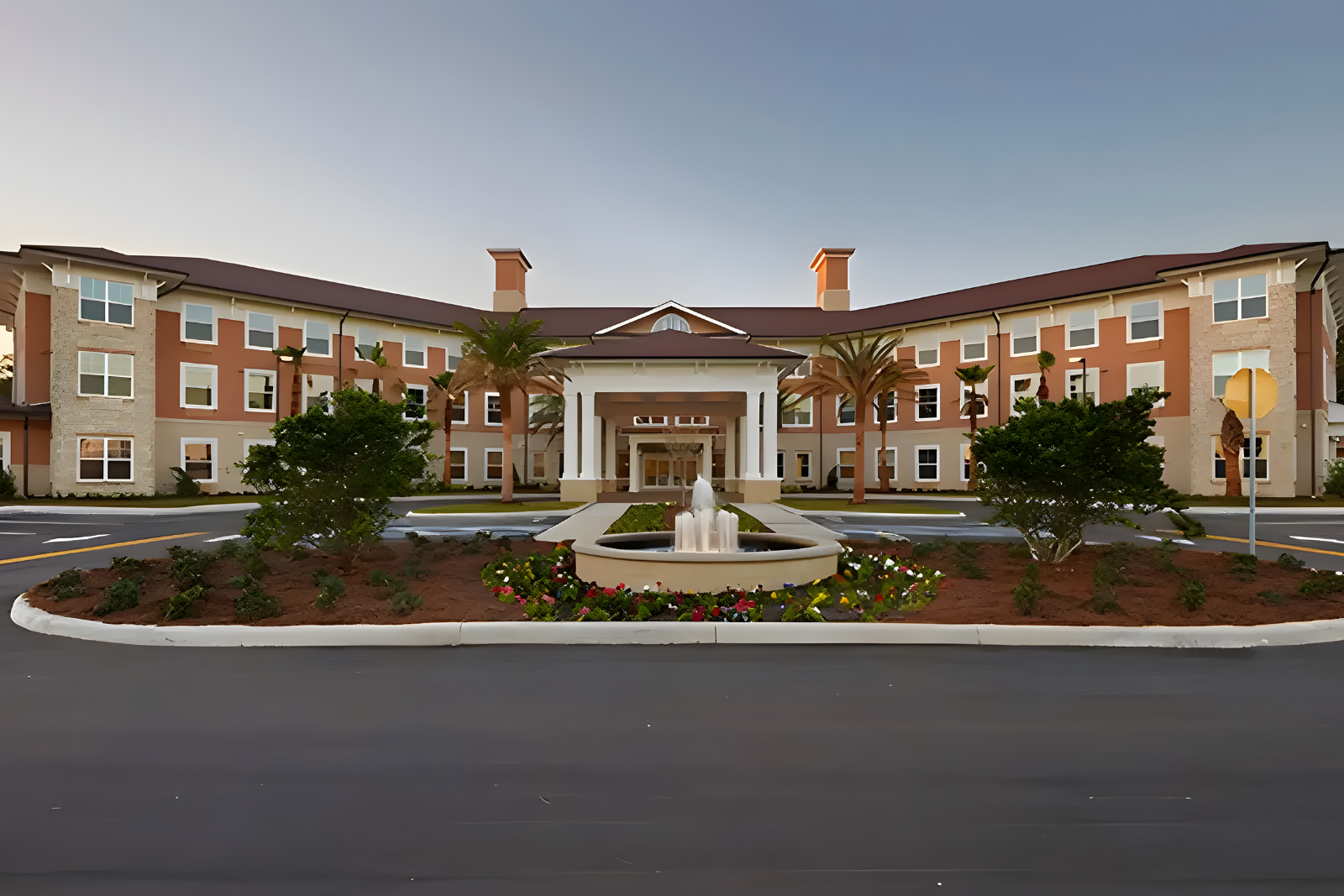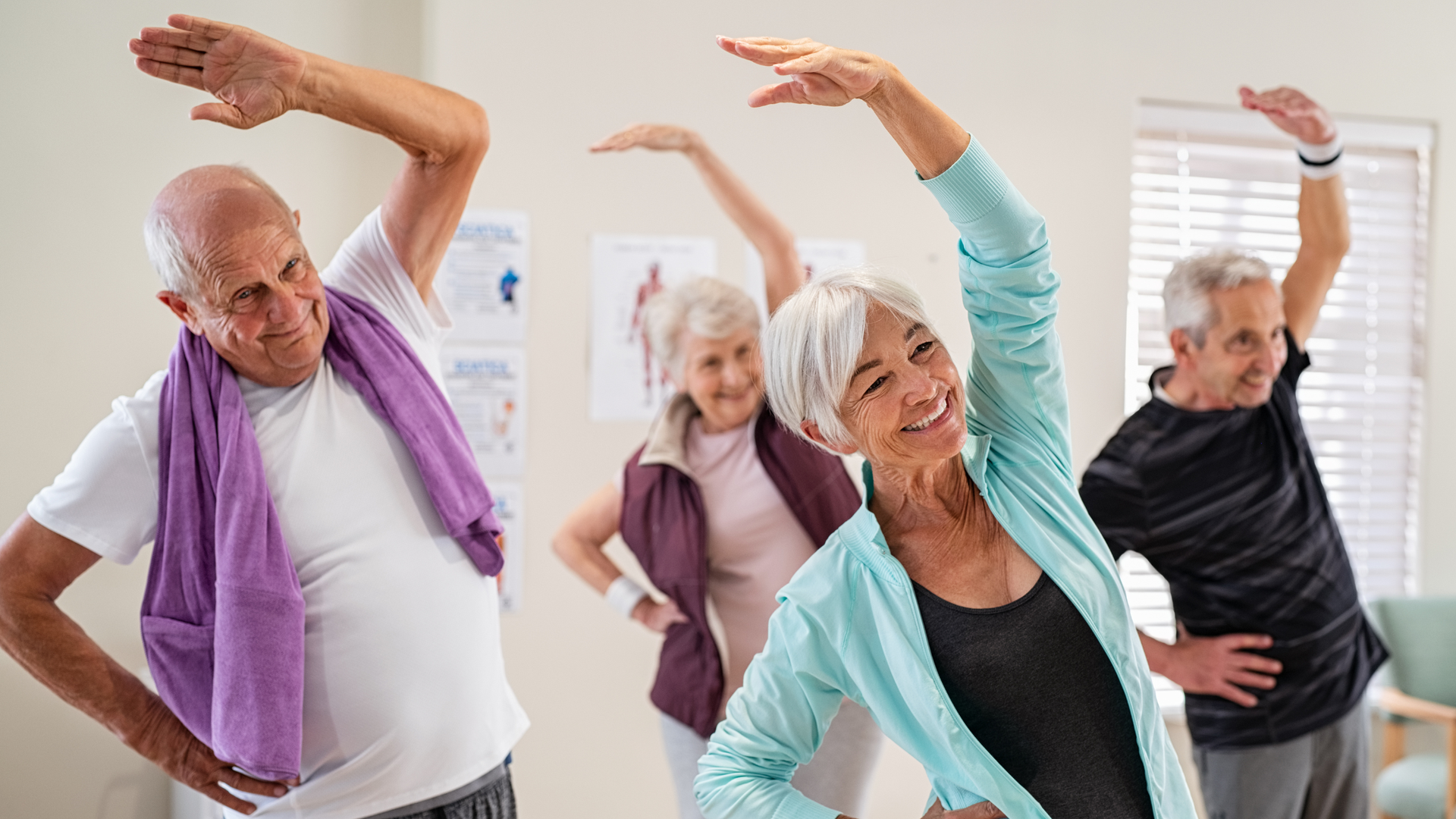Hot, Hot, Hot: Staying Cool While Beating The Heat
Published: July 6, 2023
With last week's and this week's heat waves throughout the U.S., it's important for seniors - and others - to take precautions during these hot days.
As we age, our bodies become less able to regulate temperature, and extreme heat can put seniors at risk for heat exhaustion, dehydration, and heat stroke. With summer temperatures on the rise, it's important for seniors and their caregivers to take precautions to stay safe during heat waves. Here are some senior living safety tips for extreme heat days.
First and foremost, it's important to stay hydrated. Seniors should drink plenty of water and avoid alcohol and caffeine, which can dehydrate the body. It's also important to avoid going outside during the hottest parts of the day and to stay in air-conditioned areas as much as possible. If air conditioning is not available, consider going to a public place that has it, such as a library or shopping mall.
Wearing light, loose-fitting clothing can also help seniors to stay cool. It's important to wear a hat and sunglasses when outside to protect from the sun's rays, and to apply sunscreen to exposed skin. Seniors should also avoid strenuous activity during extreme heat, and take frequent breaks if they must be outside.
It's important for caregivers to check on seniors regularly during extreme heat to make sure they are staying cool and hydrated. If a senior is experiencing symptoms such as dizziness, nausea, or confusion, they should be taken to a cool area and given water immediately. If symptoms persist, seek medical attention.
Heat-Related Illnesses
Being overheated for too long or being exposed without protection to the sun can cause many health problems. Heat-related illnesses include the following:
- Heat syncope is a sudden dizziness that can happen when seniors are active in hot weather. If a person takes a heart medication called a beta blocker or are not acclimated to hot weather, they are even more likely to feel faint. They should rest in a cool place, put their legs up, and drink water to make the dizzy feeling go away.
- Heat cramps are the painful tightening or spasms of muscles in the stomach, arms, or legs. Cramps can result from hard work or intense exercise. Though one's body temperature and pulse usually stay normal during heat cramps, skin may feel moist and cool. The affected person should stop the physical activity they're doing and rest in the shade or in a cool building. They should drink plenty of fluids, such as water and sports drinks containing electrolytes, and not consume alcohol or caffeinated beverages.
- Heat edema is a swelling in the ankles and feet when getting hot. A solution is to rest while the legs are up to help reduce swelling. If that doesn’t work fairly quickly, check with a doctor.
- Heat rash is a skin irritation from heavy sweating. It causes red clusters of small blisters that look similar to pimples on the skin. A person's skin may feel itchy or may feel a “prickly” tingling pain. They should keep the infected area dry, use powder to sooth the rash, and stay in cool areas.
- Heat exhaustion is a warning that our body can no longer keep itself cool. Someone with heat exhaustion might feel thirsty, dizzy, weak, uncoordinated, and nauseated. They may sweat a lot, and their body temperature may stay normal, but their skin may feel cold and clammy. Some people with heat exhaustion have a rapid pulse. They should rest in a cool place and get plenty of fluids. If they don’t feel better soon, get medical care. Be cautious because heat exhaustion can progress to heat stroke.
- Heat stroke is a medical emergency in which the body’s temperature rises above 104°F. Signs of heat stroke are fainting; confusion or acting strangely; not sweating even when it’s hot; dry, flushed skin; strong, rapid pulse; or a slow, weak pulse. When a person has any of these symptoms, they should seek medical help right away and immediately move to a cooler place, such as under shade or indoors. They should also take action to lower their body temperature with cool clothes, a cool bath or shower, and fans.
- Sun exposure, also known as sunburn, is a sign of skin damage due to extreme or long exposure. Skin may appear red and tender, develop blisters, start to peel, and be warm to the touch. Severe reactions may cause fever, chills, nausea, or rash. Prevent sunburn by wearing protective clothing that covers your skin and staying out of direct sunlight. Using a broad spectrum sunscreen with an SPF of 30 or higher can also help prevent sunburns, but be sure to reapply often. If a person becomes sunburned, wear lightweight clothing, take cool showers, moisturize affected areas, and stay out of the sun so the skin can heal.
Seniors and their caregivers should take precautions to stay safe during extreme heat days. Staying hydrated, avoiding the hottest parts of the day, wearing appropriate clothing, and avoiding strenuous activity can all help seniors to stay cool and avoid heat-related illness. By following these senior living safety tips, seniors can enjoy the summer months while staying safe and healthy.
Our Latest





